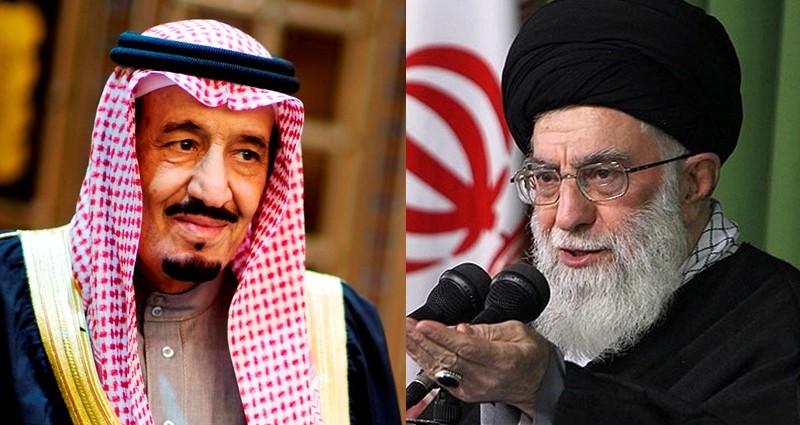 Published in Your Middle East.
Published in Your Middle East.
Egyptian President Gamal Abdel Nasser, leader of the largest Arab nation during the 1950s and 1960s, was one of the most popular and charismatic statesmen of the twentieth century. In his 1954 memoir, The Philosophy of the Revolution, Nasser claimed that Egypt’s unique geography and historical legacy enhanced its ability to influence Africa, the Muslim world, and the Arab world. Of these three significant regions, it was the Arab world which captivated Nasser’s attention the most: “I always imagine that in this region in which we live there is a role wandering aimlessly about in search of an actor to play it.”
Nasser’s ultimate vision was to become the undisputed leader of the Arab world, and to exert his influence beyond Egypt’s borders. He implemented a brief union with Syria (1958-61) and renamed both nations as the United Arab Republic, but the project collapsed because Syrians viewed it more as an Egyptian occupation rather than a merger of equals.
Continue reading “Arab Decline and Iran’s Rising Influence” →





 Published in
Published in 


 Published in
Published in